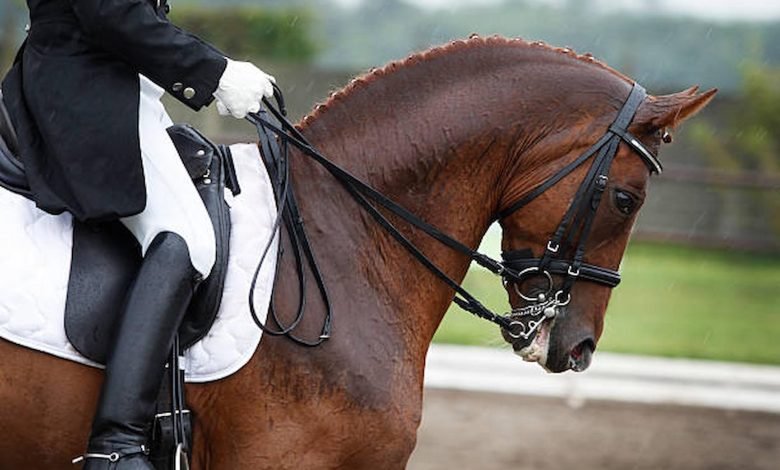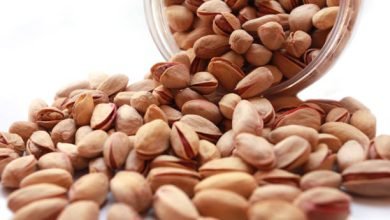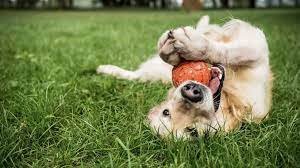How To Feed A Dressage Horse

Dressage is a well-known equestrian sport that displays the obedience and skills of a horse. It requires the horse and rider to have high levels of concentration and discipline, so it is essential that a dressage horse is supported by the correct diet to maintain good health during their training and performance. It should include nutrients like protein and omega fatty acids and ensure the maintenance of gut health and joint support. Specialist horse feeds, supplements and balancers can be used to achieve this, read on to find out more about feeding a dressage horse.
Attributes Of A Dressage Horse
Dressage is a sport that includes training your horse to be able to perform certain actions and movements in a controlled way. Most horses are able to be trained in dressage, but there are a few factors that you should look for in a horse if you’re considering competing. One of the most obvious attributes a dressage horse should have is a trainable temperament – if your horse does not want to learn, you won’t get very far with dressage! Considering the conformation of your horse is also important, as this can hider movement and pace, as well as if your horse moves well generally, as this can be a big help when it comes to performing in a competition. Generally, if your horse has a big personality and it tends to command the arena, it can also be a good option – but only if you can control it!
Nutrition
Once you’ve decided on a horse that you think would be a great competitor, you’re going to need to begin training, and along with this, you’ll need a nutrition plan that means you can maintain your horse throughout the process. Sustaining your horse throughout training is essential so that they are getting the energy they need to support them and help them to perform to the best of their ability. Below, we’ll look at how you can adapt your horse’s diet to their training, depending on their age, how they are exerting themselves and at which level they are competing.
A Young Horse
This refers to a horse that has just started to be ridden or trained. This usually means the horse is taking part in light work – a young horse needs nutrition that will help them finish growing and develop a mature frame, so diet is particularly important. Ensuring that your young horse has plenty of protein is essential as it helps build tissues such as muscle that are developing for the first time. Typically levels of protein in horse feeds for young horses are around 12-14%. Protein helps with bone growth too and sources of good quality protein include alfalfa and soya. It is usually recommended to keep levels of sugars and starch as low as possible as this can make your horse too excitable – something younger horses are more prone to!
Lower To Mid-Level Dressage Horses
When your horse is more mature and taking part in regular training to compete in lower to mid-level dressage competitions, their energy requirements are likely to increase. A poor-doer in particular may benefit from higher levels of oil in their diet as a source of energy as it is very energy dense – so it supplies more calories in a smaller volume of feed. A good-doer amy still not need very much energy and so a balancer to ensure the essential nutrients are supplied alongside forage may be the best feeding plan for them. You should assess your horse on an individual basis so that you can be sure your horse is getting the right type of feeds.
Seasoned Dressage Horses
When your horse progresses to the higher levels within dressage, they’re more likely to be taking part in more rigorous work and will therefore need a diet that supports their training and competitive programmes. Protein will be required to support quick recovery and increase muscle tone and strength to support harder movements. Greater attention to details within the ration can also pay dividends. For example, omega 3 has anti-inflammatory properties that will be essential when it comes to your horse’s recovery from competitions and keeping them in the best possible health overall. Good sources include linseed or fish oils which can be fed to horses. The healthier your horse is, the easier it will be for them to recover from any issues or ailments that they might come across during their time performing – meeting their nutritional needs is therefore essential.

![Photo of [streams]: Richland vs Bishop McCort Live free HS Football Score & REsults 09/09/2022](https://blogspinners.com/wp-content/uploads/2022/09/91d6e6ec-c9d5-4d1a-9201-de6163da7cf7_750x422-1-390x220.jpg)



![Photo of [fight-night] Elijah Harris vs. Trey Williams Live Free MMA Scores, Fixtures and Results](https://blogspinners.com/wp-content/uploads/2022/09/Ax241W0-390x220.jpg)